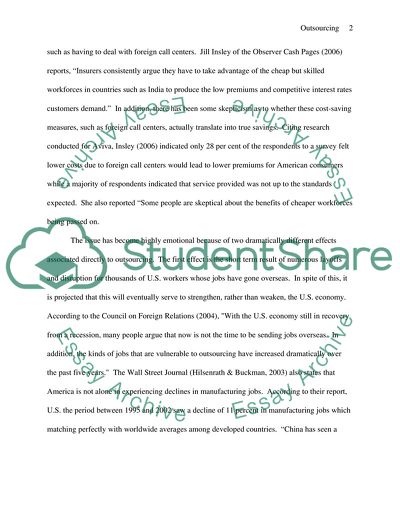Cite this document
(“Outsourcing American Jobs to Foreign Countries Case Study”, n.d.)
Retrieved from https://studentshare.org/human-resources/1538323-outsourcing-american-jobs-to-foreign-countries
Retrieved from https://studentshare.org/human-resources/1538323-outsourcing-american-jobs-to-foreign-countries
(Outsourcing American Jobs to Foreign Countries Case Study)
https://studentshare.org/human-resources/1538323-outsourcing-american-jobs-to-foreign-countries.
https://studentshare.org/human-resources/1538323-outsourcing-american-jobs-to-foreign-countries.
“Outsourcing American Jobs to Foreign Countries Case Study”, n.d. https://studentshare.org/human-resources/1538323-outsourcing-american-jobs-to-foreign-countries.


